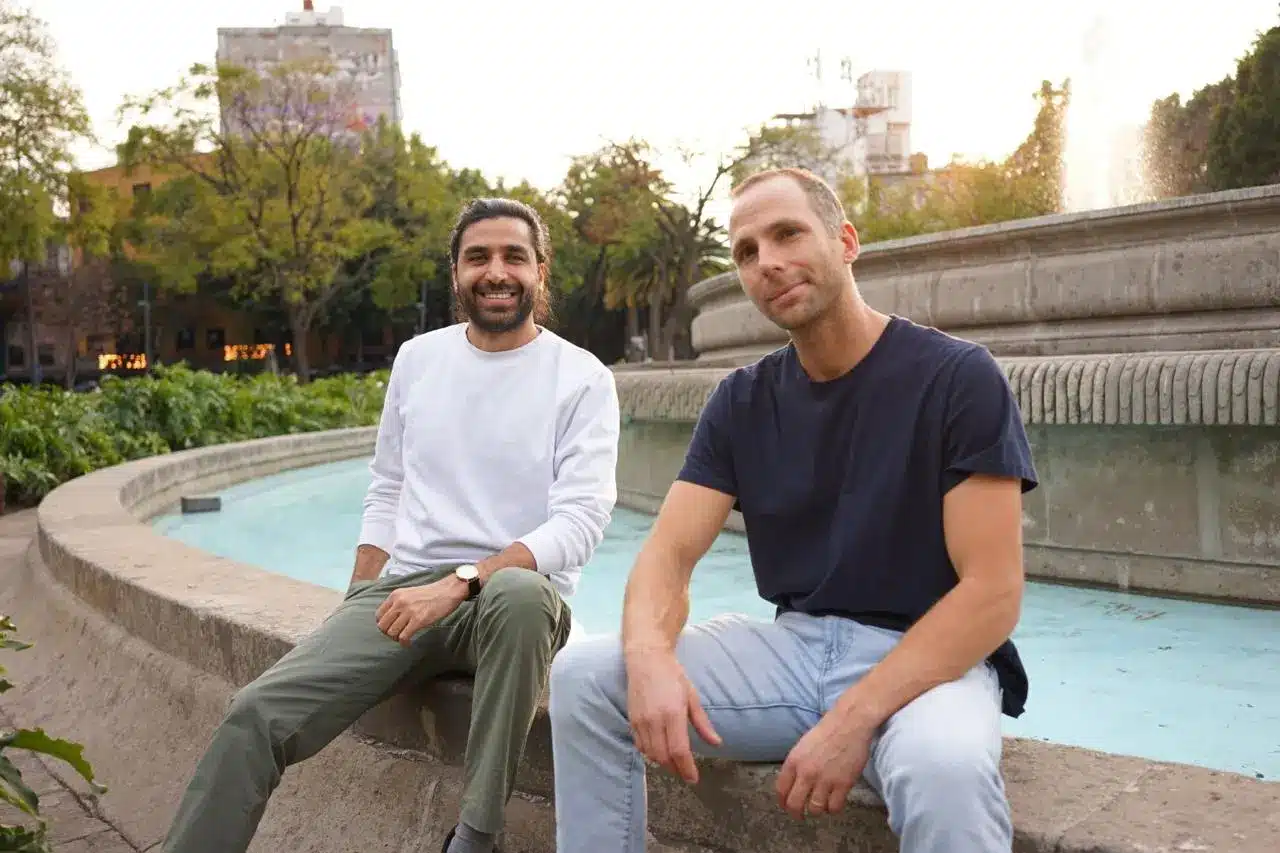- Grey, a Nigerian fintech startup, has raised $2 million in a seed round to expand into East Africa. It also plans to launch its business-focused product, Grey Business, in Nigeria and Kenya.
- Y Combinator, Soma Capital, Heirloom Fund, True Culture Fund, Alan Rutledge, Samvit Ramadurgam, and Karthik Ramakrishnan are among those who participated in the round.
- Grey was founded in July 2021 by Idorenyin Obong (CEO) and Femi Aghedo (COO) as an instant exchange service to help Nigerians exchange foreign currency in their domiciliary accounts for local currency — the naira.
Grey provides African freelancers and remote workers with virtual international bank accounts.
It allows users to open foreign bank accounts in United States Dollar (USD), British Pound (GBP), and Euro (EUR). They can also send money to the UK and Europe and receive payments from over 88 countries.
Grey enables users to receive foreign payments in the currency of their choice and withdraw them directly to mobile money or their local bank account.
The company is also present in Kenya and has collaborated with Cellulant, a payments giant, and Moringa, an edtech startup.
It plans to expand into additional East African countries. Besides, the platform supports Ugandan Shillings, bringing the total number of supported currencies to six.
So, customers in Nigeria and Kenya can now send money to Ugandan mobile money accounts.
Further, the company launched Grey Business, a business-focused product, to expand beyond remittances and person-to-person payments.
The company says it will enter the market with Grey business and provide a cheaper option to send and receive local currencies within the continent, particularly for micro and small businesses.
Grey Business has been in private beta since June 2022, and the seed investment will aid in its public launch in Nigeria and Kenya.
What’s more, Grey claims to have 100,000 individual users, and its transaction volumes have increased by 200% since the start of the year.











